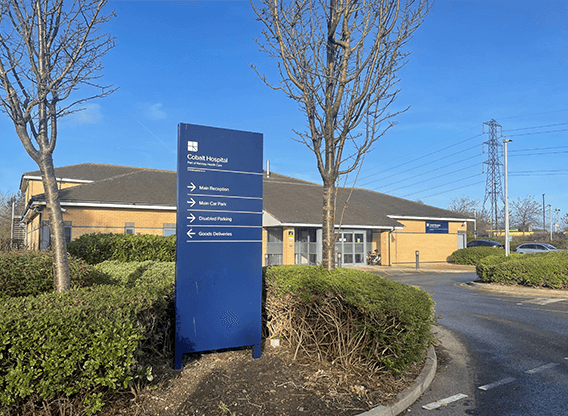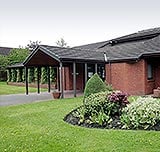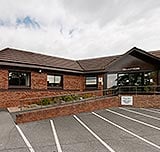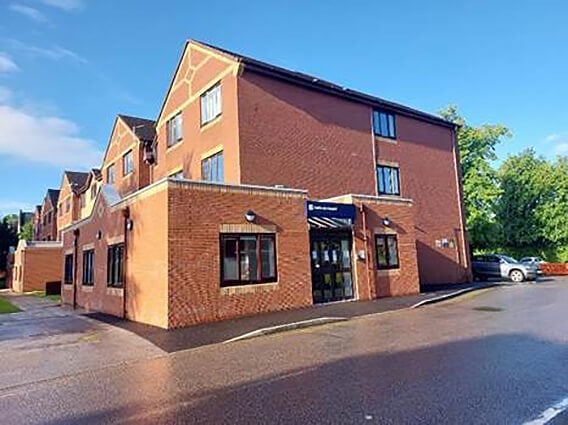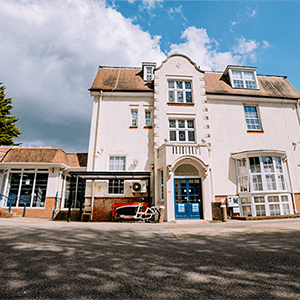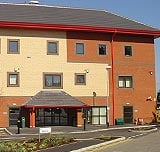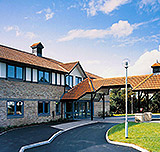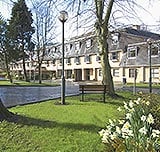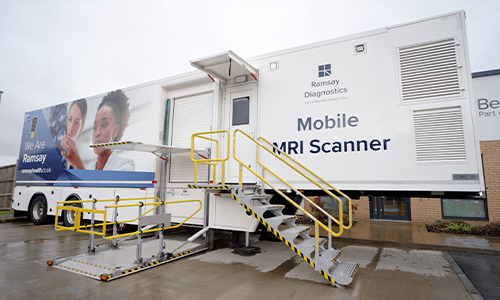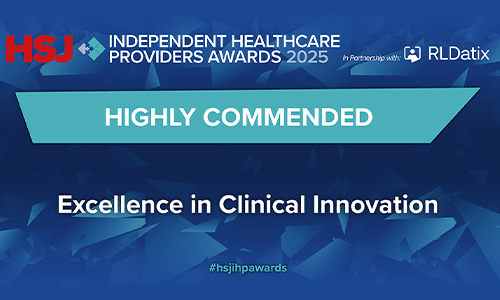What is pain relief after surgery?
Pain after surgery is normal. It will usually improve as your tissues heal. Pain relief after surgery not only alleviates pain, but also speeds up your recovery and minimises post-op risks. It also enables you to do things such as exercise and sleep well that quicken your recovery and improve your mood.
There are many types of pain relief. You should discuss your pain and your pain relief options with your doctor, anaesthetist or pain management consultant.
Types of pain relief after surgery include:
- Simple painkillers – include paracetamol and non-steroidal anti-inflammatory medicines (NSAIDs) such as ibuprofen. They may not completely combat your pain but they can reduce your dependency on other, stronger forms of painkillers.
- Weak opioids - include codeine (tablets or liquid) or low dose tramadol (capsules or injection) for moderate pain relief.
- Strong opioids – are powerful pain medications. They include high dose tramadol, morphine or oxycodone for moderate to severe pain (tablets, capsules, liquid or injection).
- Local anaesthetics - blocks the nerves that send pain signals to your brain and make the area feel numb for a short time so you don’t feel any pain.
After minor surgery, it is likely that you will take oral pain medications before leaving the hospital and when you go home to manage your pain. You may take a combination of paracetamol, NSAIDs such as ibuprofen and naproxen, and weak opioids.
After major surgery, pain relief may be in the form of:
- Intravenous (IV) pain medication - anaesthetics and pain medications can be delivered using a plastic tube, called a catheter, inserted into a vein in your hand or arm.
Patient-controlled analgesia (PCA) is the most common intravenous delivery of pain relief. You have a pump with a button to press which releases a small dose of the painkillers as and when you require. You cannot overdose as it will only allow you so much medication, no matter how often you press the button.
- Epidural anaesthetic - pain medications are injected through a catheter inserted into the epidural space within your spinal cord. This is often used for labour and sometimes for major abdominal surgery. The epidural catheter can be left in place for several days to control postoperative pain. Local anaesthetics or opioid medications can be delivered through the catheter to control pain.
Patient-controlled epidural analgesia (PCEA) is similar to PCA. It enables you to give yourself a dose of pain medication by pushing a button. It also has a built-in safeguard to prevent you from giving yourself too much medication.
- Spinal anaesthetic - pain medications are injected directly into the spinal fluid. You cannot self-administer additional medication but your anaesthetist can add a long-acting opioid to the spinal medication to relieve post-surgical pain for up to 24 hours.
- Nerve block - uses a local anaesthetic to target pain relief in a specific area of your body, such as your arm or leg. It stops pain messages from travelling to your brain. You may be offered a peripheral nerve block to give pain relief after an operation on your arm or leg.
- Local anaesthetic wound infusion - may be given to help control the pain at your wound site and to reduce the use of other painkillers during your recovery. Local anaesthetic is delivered using a balloon device through a catheter to your wound or the nerves that supply your wound area.


